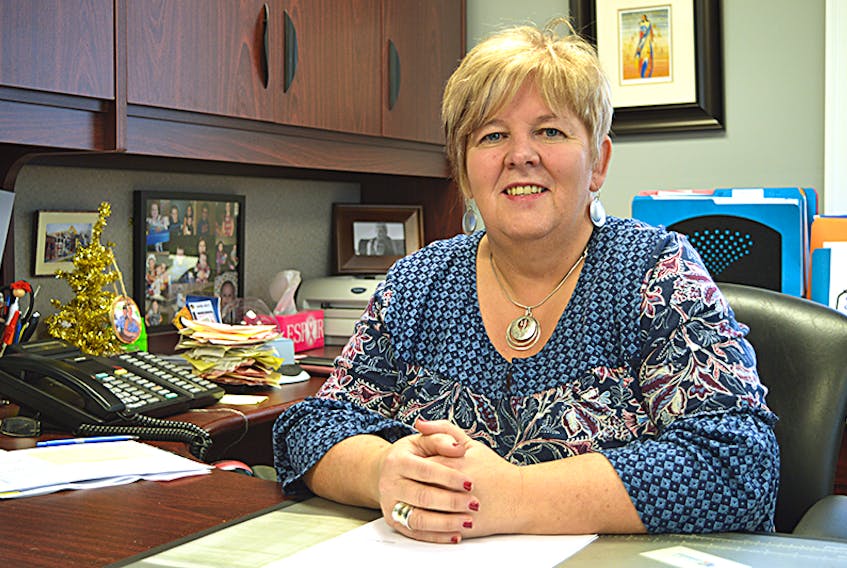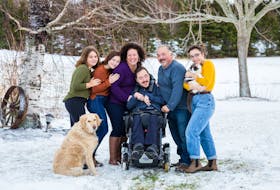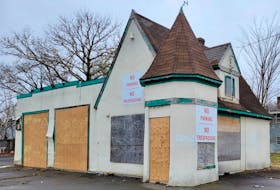Karen Jackson had been punched, slapped, spat on and kicked while working as a nurse in Prince Edward Island.
Jackson, who is now the president of UPSE, says she is concerned about the increased frequency and severity of violence being experienced by health-care workers in the workplace.
“It’s pretty traumatic, especially if it is unexpected,” said Jackson in an interview with The Guardian, adding that it seems to be happening in every sector, including long-term care facilities, acute care hospitals, mental health institutions and home care.
In a 2015 survey to its members, UPSE learned that the No. 1 issue members wanted addressed with the employer was violence in the workplace.
“That is pretty unheard of,” said Jackson. “Usually wages and benefits are the number one issue that they want to be brought to the negotiation table.”
RELATED: Accepting violence in P.E.I. health care: 'The culture needs to change'
Jackson said it has become such a problem that many health-care workers walk into a room knowing there is a high possibility that they are going to be assaulted by the resident or patient they are caring for.
“You kind of absorb that and you just keep doing your job. That’s what health-care workers do, that’s what we have done for years,” said Jackson.
“However, when it’s increasing at the frequency it is now, and there are so many incidents of it, it gets pretty discouraging for health-care workers to have to go in and face that on a daily basis.”
Jackson says she is not raising an alarm about the one-off situations, rather the repeated violence that is exhibited by some residents and patients.
Health P.E.I. rolled out a new program in late 2017 called the Aggressive/Violent Behaviour Alert for Acute Care Facilities in an effort to respond to this increasing trend.
The program incorporates the use of orange dots and other identifying materials to indicate any potential aggressive or violent behaviour by patients to incoming medical staff and hospital volunteers.
The Guardian tried to reach out to Health P.E.I. for comment, but received no reply.
Although Jackson says the new program is a step in the right direction, she feels more work needs to be done to ensure a safe working environment for health-care workers.
said it’s a complex issue with no simple solutions, but she feels staffing levels are too low to adequately deal with the problem.
“I feel that we are understaffed in a lot of our areas and that more staff would certainly be an asset.”
She would also like to see more conversations between Health P.E.I., health-care workers and all levels of management in the health-care sector.
“It’s just escalated to a point now where the employer really needs to take a serious stand on it and do something to ensure there is safe working environment for their frontline workers.”









